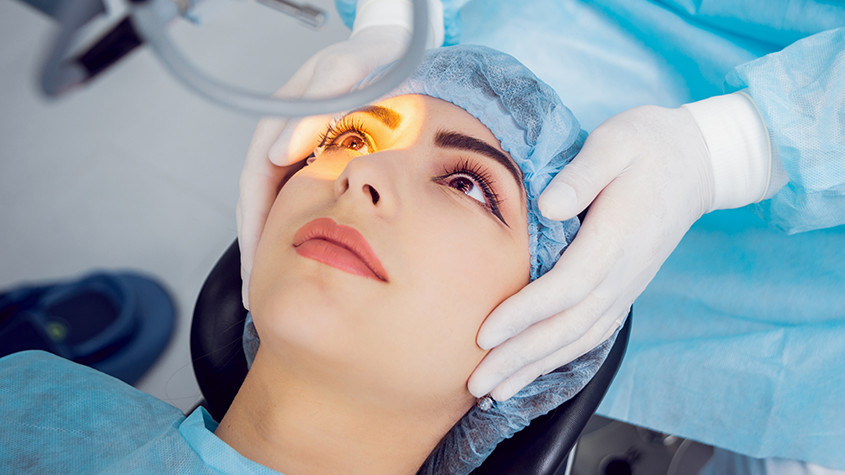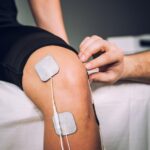LASIK is a laser eye surgery that helps correct vision problems such as nearsightedness, farsightedness, and astigmatism. While the procedure itself is quick and highly effective, proper post-operative care is fundamental to promoting smooth healing and lasting results. Following your doctor’s instructions and taking a few simple precautions can prevent complications and speed up recovery. Here are four key post-operative care tips to support a successful LASIK recovery:
1. Protect Your Eyes
Your eyes will be sensitive to light and prone to dryness immediately after LASIK surgery. Wear the protective eye shields provided by your surgeon, especially while sleeping, for the first few nights. These shields prevent you from accidentally rubbing or touching your eyes during sleep.
Apply prescribed eye drops exactly as directed by your surgeon. These medications include antibiotic drops to prevent infection and anti-inflammatory drops to reduce swelling. Use artificial tears frequently to keep your eyes moist and comfortable. Dry eyes are common after laser vision correction, and maintaining proper lubrication supports the healing process.
Avoid getting water in your eyes for at least one week after surgery. This means no swimming, hot tubs, or washing your face directly with water hitting your eyes. When showering, keep your eyes closed and avoid letting soap or shampoo run into them.
2. Rest Your Eyes
Your eyes need adequate rest to heal properly after vision correction surgery. During the first few days, take frequent breaks from reading, watching television, or using digital devices. Sleep is particularly helpful for recovery. Plan to rest for several hours immediately after your LASIK procedure. Many patients find that a few hours of sleep right after surgery helps reduce discomfort and gives their eyes time to begin healing. Make sure to wear your protective eye shields during all naps and nighttime sleep for the first week.
Dim lighting is more comfortable than bright lights during the initial recovery period. Sunglasses become your best friend when going outside, even on cloudy days. Indoor lighting may also seem brighter than usual, so contemplate using lamps instead of overhead lights when possible.
3. Avoid Specific Activities
Physical activities that could result in eye trauma should be avoided for at least one week after LASIK. Contact sports, swimming, and activities that generate dust or debris pose risks to your healing cornea. The corneal flap created during surgery needs time to bond securely to the underlying tissue. Makeup and skincare products around the eyes should be avoided for at least one week. When you do resume using these products, replace old makeup to avoid contamination. Rubbing your eyes can displace the corneal flap and interfere with healing. If your eyes feel itchy or uncomfortable, use your prescribed artificial tears instead of rubbing.
4. Attend All Follow-up Appointments
Regular check-ups with your surgeon allow for monitoring of your healing progress and early detection of any complications. Your first appointment occurs within 24-48 hours after surgery. During this visit, your surgeon will examine your corneal flap and check for proper healing.
Subsequent appointments usually occur one week, one month, and three months after surgery. These visits track your visual improvement and monitor whether your eyes are healing as expected. Your surgeon may adjust your medication regimen or provide more care instructions based on your progress. Report any unusual symptoms to your surgeon immediately. While some discomfort, light sensitivity, and fluctuating vision are normal initially, severe pain, sudden vision loss, or signs of infection require prompt medical attention.
Schedule Your LASIK Consultation Today
Proper post-operative care significantly influences your LASIK recovery and final visual outcomes. These four fundamental steps help protect your eyes and support optimal healing. To determine whether LASIK is right for you, contact a trusted eye care center near you to schedule your comprehensive consultation with an ophthalmologist today.





